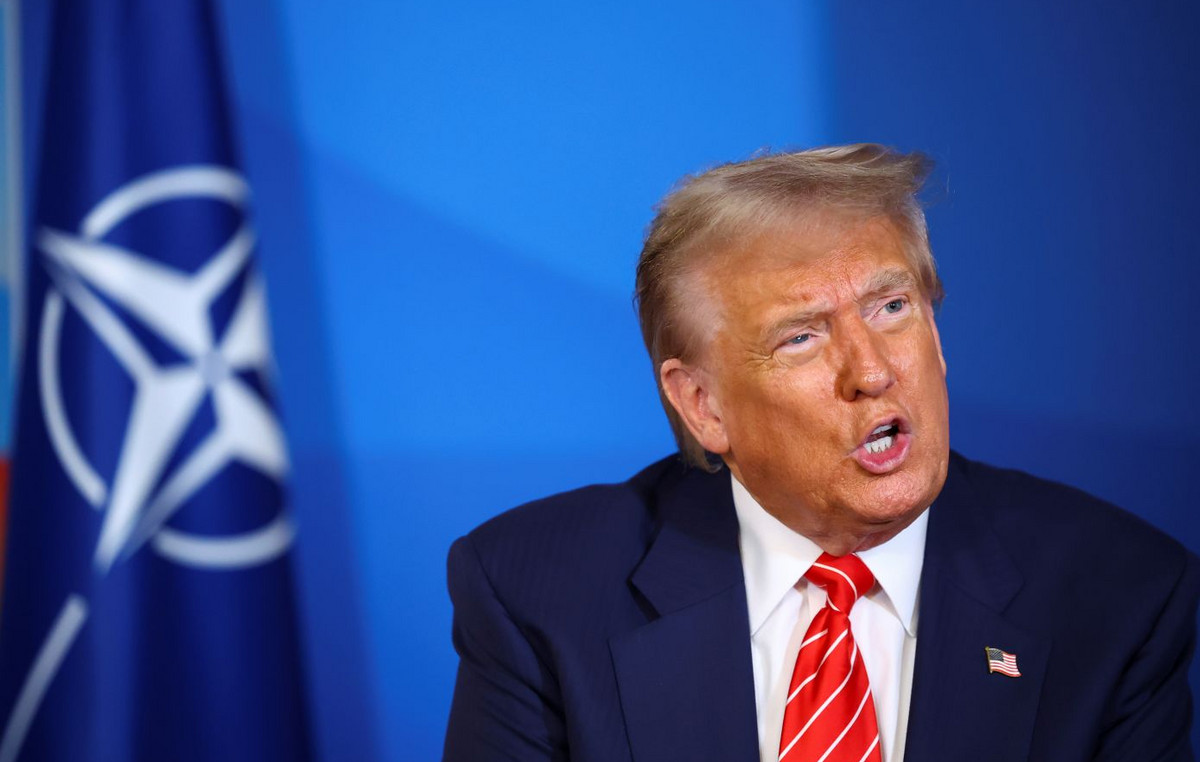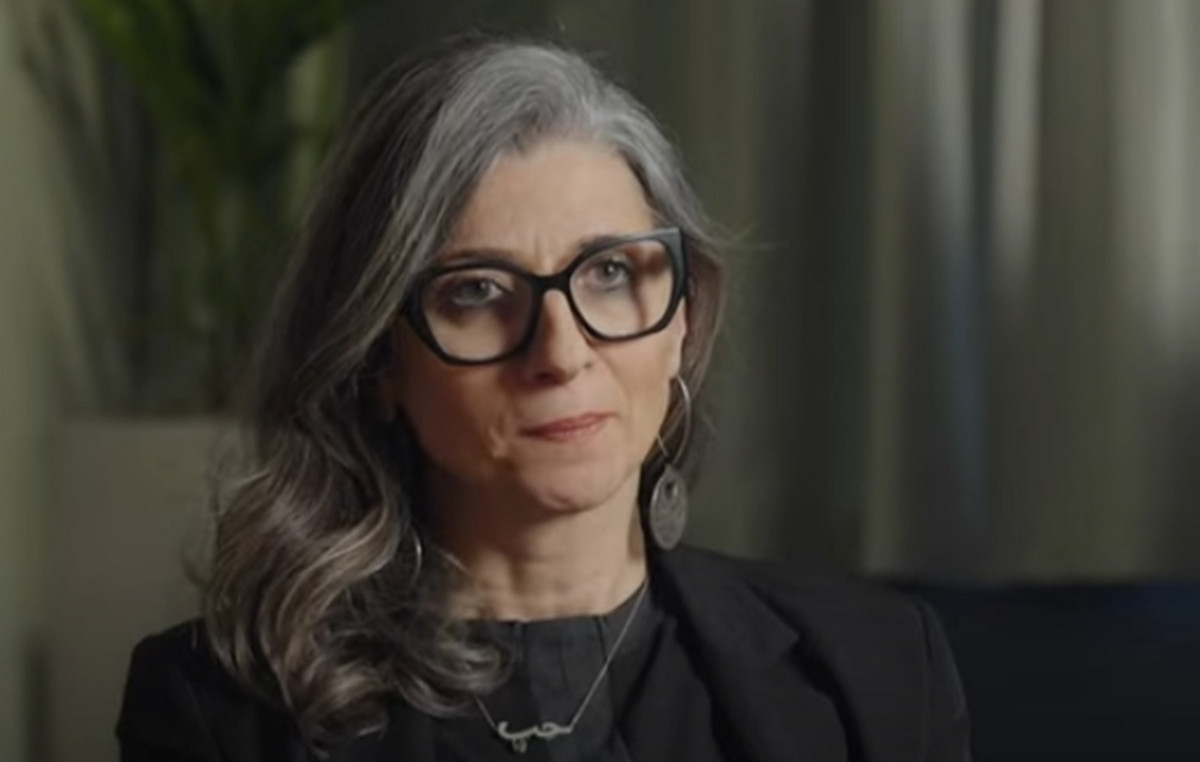Anvisa is debating self-tests for Covid-19 at a time when the country is suffering from a lack of tests due to the advancement of the Ômicron variant of the new coronavirus, a highly transmissible strain.
On January 18, 137,102 cases of Covid-19 were recorded. The day before, the also expressive number reached 74,134 new infections.
A survey by the Brazilian Association of Pharmacy and Drugstore Chains (Abrafarma) showed that the number of Covid-19 tests carried out in pharmacies in the country broke the daily record, with 86,300 tests carried out on January 12.
A survey by the Union of Hospitals, Clinics and Laboratories of the State of São Paulo (Sindhosp) revealed that 88% of private laboratories in the state face problems for the replacement of tests for Covid-19 and influenza.
The Brazilian Association of Diagnostic Medicine (Abramed) warned that, as in other parts of the world, the high demand for laboratory tests for the diagnosis of Covid-19 has brought the Brazilian diagnostic medicine sector concern about the lack of necessary supplies for the carrying out these exams.
Dependence on imported inputs
The inputs used in carrying out the tests are different according to the methodology of each exam. For molecular diagnostic tests (RT-PCR), reagents called primers are needed. Rapid tests use monoclonal antibodies and reference antigen.
The professor at the Faculty of Pharmaceutical Sciences at the University of São Paulo (USP), Marco Antônio Stephano, explains that the country’s dependence is mainly associated with the inputs used in carrying out the rapid tests.
“We don’t have production capacity. We can manufacture 10,000 quick tests. But 4 million or more we don’t have the capacity. We don’t have a factory for such a large production of biological products for diagnosis”, he says.
According to the specialist, the country has national production for the inputs used in molecular diagnosis, which are faster and simpler to produce.
“The problem is that we have national production for RT-PCR. But we don’t have the quick test. PCR is the standard test, but much more expensive”, he explains.
In the opinion of the specialist in Health Management at the Federal University of Rio de Janeiro (UFRJ), Claudia Araújo, the lack of tests is the result of two factors: the exponential increase in demand and the concentration of production of inputs in a few countries.
“Rapid antigen tests rely on inputs that come basically from China and India. Likewise, for the RT-PCR test, considered the gold standard in the diagnosis of Covid-19, there is a lack of inputs and human resources for processing the tests, since many professionals are contaminated by Covid-19 and removed from their duties”, said Claudia.
Pandemic impacted production of inputs
Researcher Chrystina Barros, from the Federal University of Rio de Janeiro (UFRJ), highlights that the Covid-19 pandemic has had impacts on different sectors of the economy, including the production of medical supplies.
“Since the beginning of the pandemic, we have had several impacts such as the availability of PFF2 masks, which are mostly produced in China and from there they are distributed throughout the world. It is no different now with the kits and material needed to carry out the diagnosis of Covid-19”, he said.
According to her, Brazil is going through a situation similar to that of other countries that also face a high demand for tests due to the number of cases.
“In Brazil, we depend on this com-importation because, despite having some domestic production, it cannot handle the volume. Usually, we already import, but especially in the explosion of demand, there is no condition that our production meets the volume that we need”, he said.
Barros defends investment in the national area of science and technology, as a way of reducing dependence on foreign inputs.
According to her, what differentiated the scarcity of supplies for testing from the lack of raw material used in the development of vaccines was the possibility of technology transfer, which allowed the Oswaldo Cruz Foundation (Fiocruz) to produce immunizations with the active pharmaceutical ingredient 100% national. .
“The main lesson that remains is that this productive economic model, which opts for imports to better manage economic resources, is not necessarily able to provide the security guarantee that we need in crisis situations, especially in health”, he warned.
How tests are performed
The molecular diagnostic test (RT PCR) identifies the presence of the genetic material of the virus in samples of respiratory secretion, taken from the nose or throat using a long, sterile cotton swab, called a swab.
The sample processing is done in specialized laboratories and the test takes from 30 minutes to 4 hours to be done, according to the method, whether manual or automated.
Usually, the result is delivered to the patient within 24 hours. However, with the current increase in demand in Brazil, the delay has been up to five days. The recommendation is that the collection of material be done between the third and seventh day after the onset of symptoms.
Antigens are substances foreign to the body that trigger the production of antibodies. The viral antigen detection test is done through immunodiagnostic techniques such as lateral flow studies (LFAs), also called rapid tests.
According to the Pan American Health Organization (PAHO), this type of test is simpler to perform than RT PCR and can be used on a large scale, as it takes 15 to 30 minutes to complete and does not require the same laboratory structure. . The exam indicates the active infection of Covid-19.
The rapid test is indicated for people with symptoms in places with high prevalence of the virus and for asymptomatic people who have had contact with confirmed cases or who are frequently exposed, such as health workers. The collection of material to be analyzed is also done by swab and should occur between the fifth and seventh day of symptoms.
Importance of testing for monitoring the pandemic
The World Health Organization (WHO) recommends testing, treating, isolating and tracking as an essential health measure to face the pandemic.
From the timely diagnosis of the disease, adequate treatment of patients must be provided, social distancing guidelines and contact tracing promoted, which are those people who may have been exposed to the infection.
Testing is also an essential strategy for monitoring the epidemiological scenario of the Covid-19 pandemic. Indicators such as the number of cases and deaths allow managers and health authorities to define strategies for controlling and reducing damage caused by the disease.
(With information from Vinícius Bernardes and Tiago Tortella, from CNN, and from Agência Brasil)
Reference: CNN Brasil







